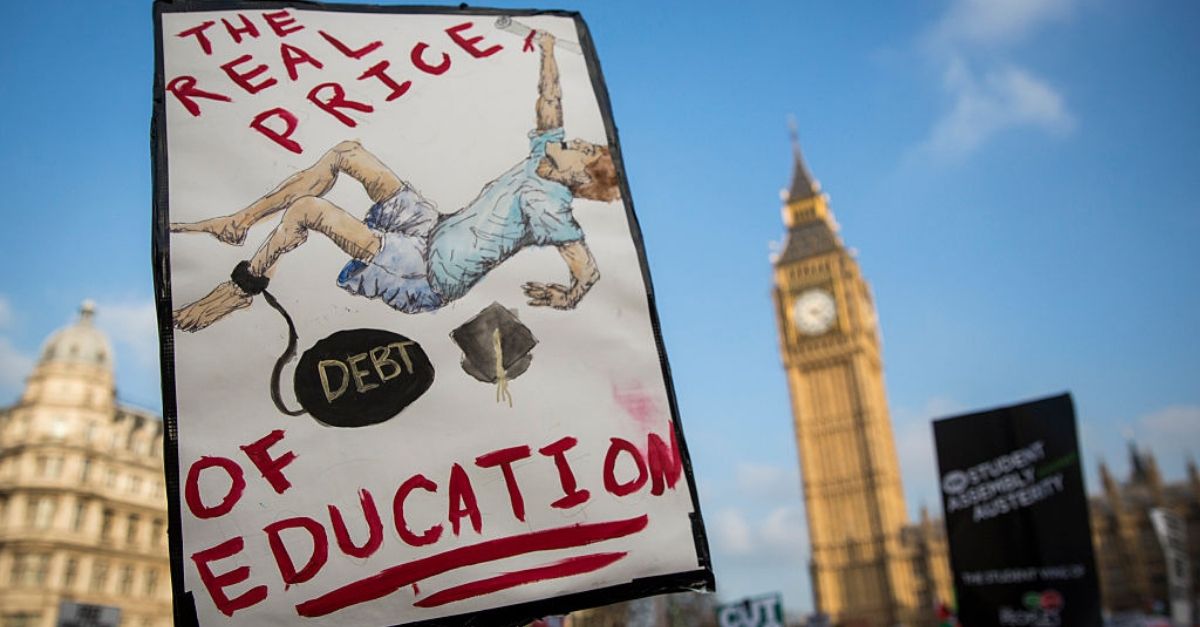Billionaire investor Robert F. Smith made headlines when he pledged to pay off the student debt of Morehouse College's Class of 2019. Per an earlier Blavity report, the gift totals $40 million.
Whether you graduated college with loans or not, one thing remains true: debt accrued by graduating seniors has become a catalyst for stress and anxiety as students enter the "real world." Via the Institute for College Access and Success, The New York Times reported that approximately 66% of seniors at four-year colleges amassed an average of $28,650 apiece in 2017. That's almost a $16,000 increase from two decades prior when 58% of students graduated with student loan credit to their name.
Smith's announcement has shed light on the discrepancies between Black scholars and their white counterparts. Evidence from The Brookings Institution revealed that Black individuals graduating from four-year universities leave campus with an average of $7,400 more in loans than white students at those same schools.
Student debt problems have become such a concern that even 2020 presidential candidates have discussed the topic on the campaign trail. Blavity reported in April that Sen. Elizabeth Warren proposed a plan that would nullify the debt of 80% of Black borrowers. Her initiative will also create a $50 billion fund for HBCUs and other institutions that cater to the minority population.
This might not come as a surprise to some, but a February report by Forbes revealed that California, Texas, Florida and New York take the top spots as the highest states where scholars have outstanding student loan obligations. Out of the $1.56 trillion total student loan debt in the country, borrowers owe a total of $340 million in just those four states alone.
As more students ready themselves for enrollment into college and others start their post-graduate lives, it's time to finally have a serious conversation about this epidemic.
